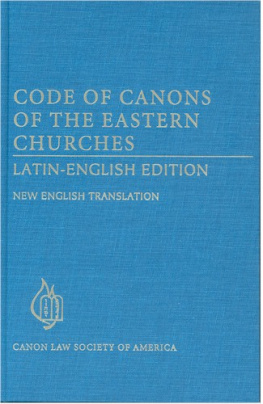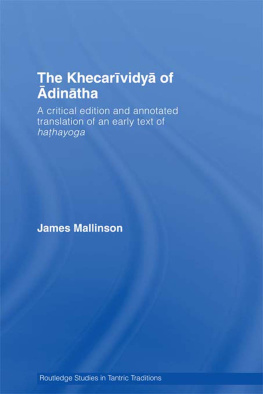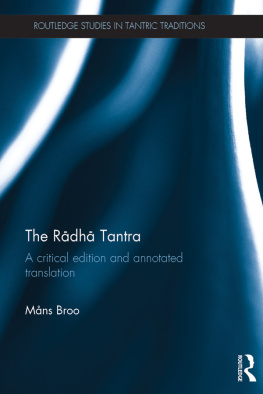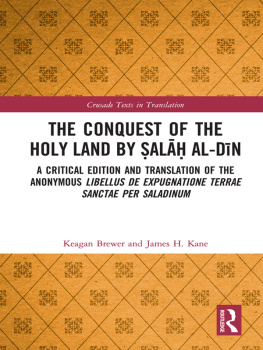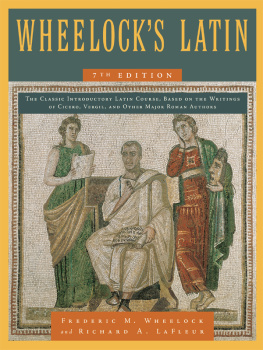T he year 2001 marked the first centenary of the birth of Fr. Philotheus Boehner, O.F.M. Born in Lichtenau, Germany. Fr. Philotheus was a member of the Province of Saxony who came to Canada and then to the United States where he worked as one of the founding members of the Franciscan Institute at St. Bonaventures College (now University) in New York. He died quite unexpectedly at the age of 54 in May of 1955.
There can be little doubt that his work has played a major role in reviving an awareness of the great figures of the Franciscan medieval tradition in the English-speaking world. His courses on the history of the medieval Franciscans reached out in many directions through the students who were able to take part in them. For many, these courses opened a much richer reading of the great medieval period than was common during the twentieth century in a Catholic intellectual world dominated by a narrow vision of neo-Scholasticism. Those who knew Fr. Philotheus and experienced his lectures, courses, and writings, were deeply impressed with his reading of the work of St. Bonaventure whose spirit he seemed to embody in his own life and work.
Toward the end of his life, much energy and work was going into the inauguration of a series of English translations known as Works of Saint Bonaventure . Among the many works of the great Seraphic Doctor, one stands out as an exceptional jewel: the Itinerarium mentis in Deum. The translation of this text together with a rich introduction and commentary which relates the text to the other works of Bonaventure and to the historical sources that played such a part in the development of his thought was an unfinished project at the time of the death of Fr. Philotheus. Fortunately Sr. Emma Jane Marie Spargo, S.N.J.M., who had worked on this project with Fr. Philotheus, was able to complete the task after his death. So it was that in 1956, the Franciscan Institute was able to publish a small volume of unusual richness that brings together so much of the precious insight of one of the great masters of Christian thought and spirituality and the vision of one of the outstanding modern interpreters of that work.
Precisely because of the richness of this text it was felt that it should not simply appear in future catalogues as out of print. At the same time, because of the development of medieval studies in the intervening years and because of cultural changes that have taken place affecting English linguistic usages, the suggestion was made to provide a new printing of the volume that would contain all the commentary of Fr. Philotheus from the original edition together with a new translation of the Latin text. It is from that suggestion that the present volume has been developed. It is the hope of the publishers that this will remain a precious source for a serious introduction to the work of the Seraphic Doctor and an appropriate memorial of the outstanding work of Fr. Philotheus.
Zachary Hayes, O.F.M.
I NTRODUCTION
T here are few writings of Saint Bonaventure so deeply impregnated with the spirit of Saint Francis as is the Itinerarium Mentis in Deum . In his great theological writings, the Seraphic Doctor is bound by the fetters of scholastic method and tradition. These allow little freedom to the seraphic spirit which, though everywhere present in his writings, seldom makes its presence felt to one unfamiliar with it. In his ascetical writings, too, with few exceptions, Saint Bonaventure seems to be less influenced by Saint Francis than by such great Masters of the spiritual life as Saint Bernard, the Victorines, and the Fathers of the Church, although even in these writings he places special emphasis on typical Franciscan virtues and exercises. His sermons, likewise, are hampered by the highly artificial method of medieval preaching, a style far from the simplicity of Saint Francis exhortations and admonitions. But when we open the Itinerarium , we discover a new Bonaventure, the true Franciscan, who has learned from Saint Francis not only the rules and form of life, but his whole outlook, his ideal. To be sure, it is the great Master of Paris who is speaking to us in the Itinerarium ; and he did not unlearn his philosophical and theological wisdom and language, of which he had such masterly command. Yet in the Itinerarium it is rather the great Master, the Seraphic Doctor, who could not find satisfaction and peace in the lecture halls on Mount Genevieve at Paris, but who humbly climbed, in the footsteps of his Holy Father, up Mount Alverna and learned there the secret of peace, as Saint Francis understood it, a peace that is the perfection of wisdom. It was Saint Francis who there dictated to the pen of the Seraphic Doctor these few but highly condensed lines which can teach us how to follow Saint Francis in the pursuit of his sublime goal, even though we are called by the Lord to devote our lives to intellectual culture, which the Seraphic Father neither wanted nor needed. The Itinerarium , then, is an essentially Franciscan tract, guiding learned men and women in the spirit of Saint Francis to his mode of contemplative life.
I
S AINT F RANCIS ,
T HE M ODEL OF THE I TINERARIUM
Saint Francis wandered through the world like a pilgrim and a stranger. When the Lord had called him to live in accord with the form and pattern of the Holy Gospel, his body found no permanent dwelling place anywhere, and his mind felt no longer at home here upon earth. He became an itinerant, both in the literal and in the spiritual sense. There came a holy restlessness into the life of the Seraphic Saint. At times he preached the word of penance and salvation in the streets of the towns and in the fields of the country; then he retired to his favorite hermitages in the mountains and wildernesses; again he traveled to take care of the needs of the brethren. Nowhere did he stay for long. Saint Francis, like his divine Master, did not have any place that he could call his own, not even for use. This restlessness was not caused primarily by his zeal for souls or forced upon him by the care of the brethren. It sprang from a deeper source. In his heart there was burning a desire and a longing for his true home, where his Father in heaven had prepared a dwelling place for him. How then could he feel at peace or even at ease in this world?
To Saint Francis this world was truly his place of exile. And hence, as Celano relates, he hurried to make his exit from it as from an exile. According to what we know from the early biographers of Saint Francis, we may be assured that seldom has a man more deeply felt and more literally lived the words of Saint Peter: Beloved, I exhort you as strangers and pilgrims (1 Pet 2:11). Saint Francis wanted these ideas of strangeness and pilgrimage to be so much a part of the life of the Friars Minor that he inserted them into the Rule.
It may appear very odd, at first glance, that this same Saint Francis is commonly admired for his great and tender love for all creatures, for a new feeling toward nature, and for a hitherto unheard of conversation with them. Who can count the many pictures and drawings representing the Saint surrounded by birds and various animals, with mountains and trees as background and herbs and flowers as decorations? And, in fact, Saint Francis had made a great discovery. He had discovered nature, unspoiled by human greed and selfishness, as it had been on the morning of creation. A neglected stone on the wayside could hold his admiring attention and lift his soul to heavenly joy. He loved the mountains, the solemn solitude of the forests, the joyous play of silvery springs and murmuring brooks; he loved the wind and the storm, rain and hail, the earth with its inexhaustible fertility and ever-renewed beauty, the moon and the sun and all the stars in their silent splendor. How dear to his heart were the birds! Even the ravening beasts of the wilderness found in Saint Francis their friend.



